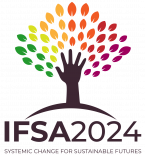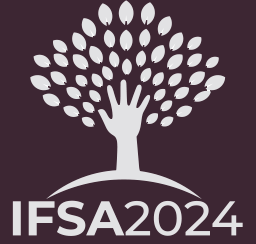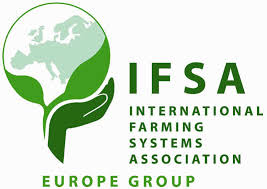THEME 4
RETHINKING AND RECONFIGURING FOOD PRODUCTION AND CONSUMPTION
Convenors: Mikelis Grivins, Marc Tchamitchian, Anda Adamsone-Fiskovica
Rationale
For decades there have been calls inviting actors representing agri-food systems to rethink the practices dominating these. Yet, despite the growing evidence illustrating both the negative impact of the mainstream practices across the whole food chain on the environment, health, equality, etc. and the devastating consequences climate crisis will have on food systems, the implemented changes, in general, have failed to introduce a comprehensive and systemic answer to these challenges. The first half of the new decade has illuminated the wide diversity and scope of climate-related, political, social, and economic disruptions, which also bear an impact on the present agri-food systems, thereby underlining the obvious – there is an immediate need for all-embracing strategies to mitigate and adapt to the crises we are increasingly facing. To achieve this ambitious aim, we must explore and harvest the potential of all directions across research and practice offering tangible solutions for achieving sustainable transformation of modern agri-food systems.
Objectives
The objectives for the sessions relating to this theme are to explore ideological and practical shifts and innovations from across the food supply chain (including consumption) strengthening the resilience and mitigating or reversing the negative environmental, economic and social impacts of food systems.
Orientation for papers
Abstracts are invited to address (but are not limited to) the following topics:
Facing disruptions. It is anticipated that food systems will be increasingly hit by both man-made and natural disruptions during the following decades. It can be already observed that due to climate crisis, geopolitical conflicts, economic turmoils and social inequalities, the number of people exposed to hunger is increasing. Furthermore, these disruptions also bear the threat of facilitating the collapse of contemporary food systems. To reverse these trends, a systemic and immediate response along the whole supply chain is needed.
Harvesting the potential of innovations. Technological and organisational innovations and new digital solutions penetrate food systems at all levels, creating new ways to counter both the existing as well as emerging challenges related to food supply. However, without proper regulatory oversight and impact assessment, these novel solutions might reinforce long-standing or create new social inequalities.
Linking production and consumption. High hopes are placed on consumers’ ability to generate the push needed to initiate the transition to a more sustainable and just food system. A growing pool of research illustrates that sustainable food systems cannot be imagined without also thinking about sustainable diets. However, the projected global population growth suggests that reconciling the growing number of consumers of food and the goals of the sustainability transition might become even harder.
Engaging the value chain. Next to the other emerging issues, food value chains are also characterised by long-standing societal challenges – such as unequal distribution of power, geographical and social inequities, unequal access to information, etc. In the light of these challenges, it is crucial to monitor the situation, identify problem areas, and pinpoint new solutions that would make contemporary food systems more inclusive, fair, and transparent.







